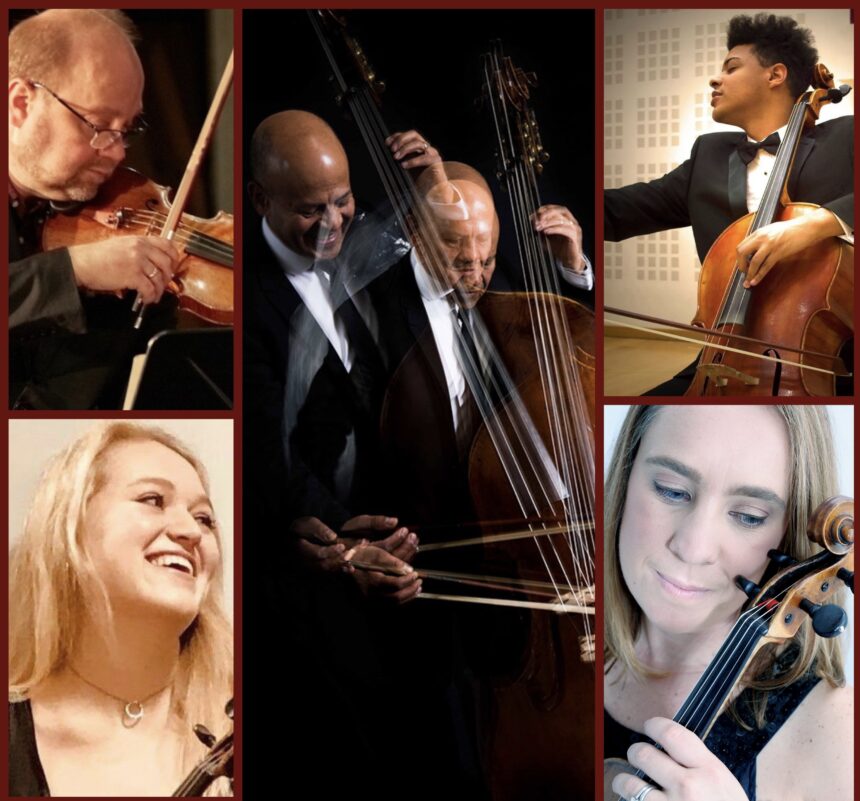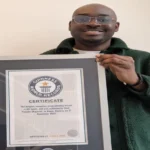By Segun Martins Fajemisin
For those who missed this exceptional day of music at the African Concert Series, take heart—what unfolded across three distinct performances was nothing short of breathtaking. This wasn’t just a concert. It was a journey across soundscapes, eras, and heritages, united under a banner of African classical and contemporary expression.
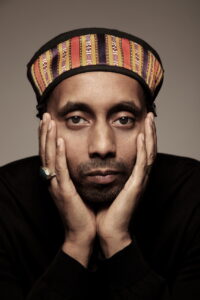
Tunde Jegede’s Moon Waters opens the day to a morning glow
The day began in meditative reverence with Tunde Jegede’s solo concert—an intimate exploration of African Classical Music. Jegede, renowned for fusing the kora’s West African cadence with the cello’s resonant European traditions, unveiled Moon Waters, a premiere that whispered and soared with elegance.
Still Moment, opening the morning, lived up to its title: a gentle invocation through solo kora, delicate and unhurried.
Joined by Jan Hendrickse’s bansuri flute in pieces like Reflections / By the Will and Fountain of a People’s Hope, the blend of breath and string gave shape to memory and longing.
Highlights such as Songs of the Eternal and Cycle of Reckoning introduced subtle percussion and violin textures from Vincent Ademola Haastrup, enriching the sonic palette.
Each composition shimmered with quiet dignity, drawing the audience into a space where music felt like time suspended.
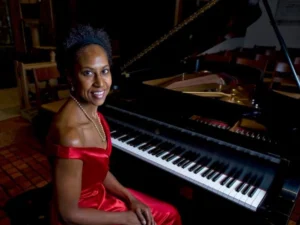
The afternoon segment pays due tribute to African Women
The 3pm performance was a celebration of artistry, resilience, and legacy. Curated by pianist and composer Maria Thompson Corley, the programme spotlighted African women composers—some rediscovered, some emergent—all powerful.
Corley’s piano glowed with nuance in pieces like Fantasie Negre by Florence Price and her own original My Heart Is Awake, a soul-bearing work tinged with vulnerability.
Soprano Nadine Benjamin’s commanding voice shone in Psalm to Windrush by Shirley J. Thompson—a poignant nod to Britain’s Black history.
Perhaps the most tender moment arrived when Corley recited her tribute to the late Michael Harper, fusing spoken word with musical remembrance.
This performance didn’t just fill the room—it expanded it, with echoes of maternal love, cultural perseverance, and artistic devotion.
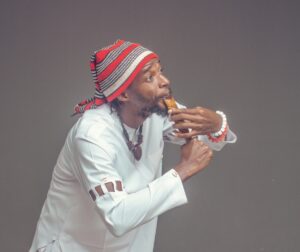
And then, an evening voyage through the prism of African Odyssey
The final concert of the day, African Odyssey, unfolded like a sonic atlas. Gerald Eze’s mastery of the Ọjà flute was spellbinding, conjuring ancestral spirit in traditional pieces like Egwu Oja and Omalugo. His performance was both ceremonial and celebratory, setting a deeply communal tone.
A standout was Christian Onyeji’s Ufie, pairing piano with flute in rhythmic homage to Igbo dance traditions.
Rebeca Omordia, ever the ambassador of African piano repertoire, led the Ubuntu Ensemble through Fela Sowande’s African Suite, capturing its regal poise and jazz-inflected syncopations.
The post-interval selection, including Lassana Diabate’s Sunjata’s Time and Mokale Koapeng’s Suite for Strings, showcased pan-African stylistic diversity—from Malian balafon to South African polyphony.
The finale, Ifeanyi Chukwu’s Igbo Music, wrapped the night with layered orchestration of strings, percussion, and Ọjà flute—both a culmination and a call forward.
Across nine hours of programming, the African Concert Series delivered not just performances, but sonic storytelling, bearing witness to heritage, innovation, and communal celebration. Whether you were there or not, the spirit of the day lives on in memory and melody. You didn’t just miss a concert; you missed a cultural revelation. Here’s hoping next year’s edition finds you in the front row.
*Photo credits/ Rebeca Omordia and African Concert Series*
Segun Martins Fajemisin – publisher and social commentator – delves into the vibrant world of entertainment with a discerning perspective. While he explores the broader cultural landscape, his genuine passion lies in classical music, particularly African art music, where history and innovation create a symphony of storytelling. He writes in
from London, United Kingdom.


